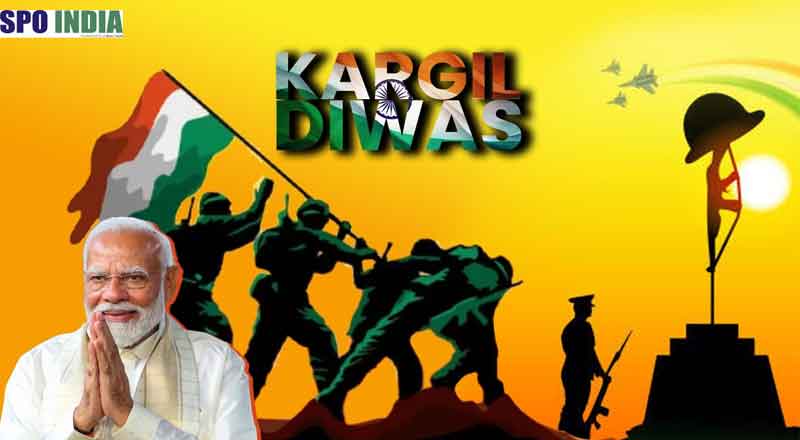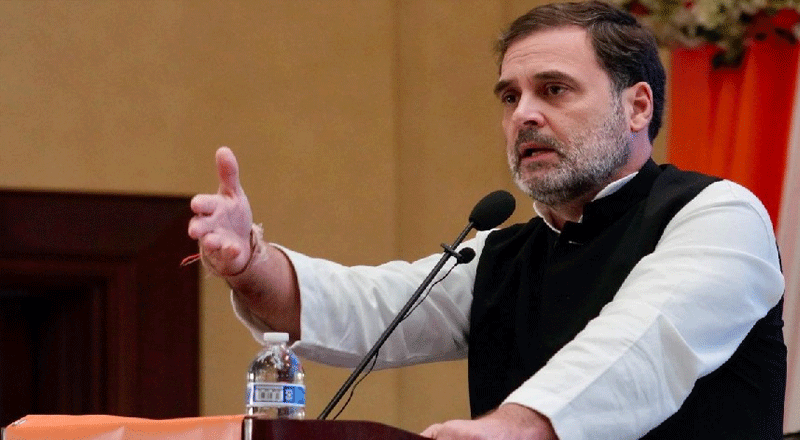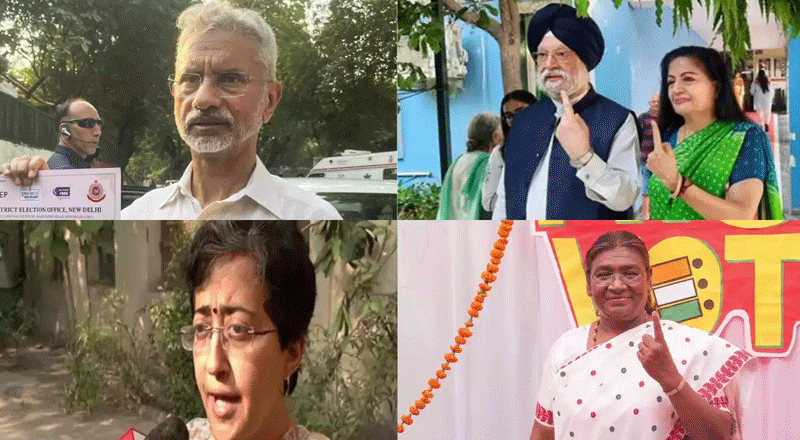Honoring the Fallen Heroes
On July 26, Prime Minister Narendra Modi visited the Kargil War Memorial to mark the 25th anniversary of Kargil Vijay Diwas, a day that celebrates India’s victory over Pakistan in the 1999 Kargil War. Standing before the memorial, PM Modi paid tribute to the soldiers who made the ultimate sacrifice to protect the nation. The Kargil War, which saw fierce battles on the icy heights of Ladakh, culminated in India’s successful ‘Operation Vijay’, a campaign that reclaimed territories infiltrated by Pakistani forces and militants.
Launch of the Shinkun La Tunnel Project
In addition to commemorating the Kargil victory, PM Modi initiated the Shinkun La Tunnel Project. This project involves the construction of a 4.1-km-long twin-tube tunnel at an altitude of approximately 15,800 feet on the Nimu-Padum-Darcha road. The tunnel aims to provide all-weather connectivity to Leh, ensuring seamless travel and bolstering strategic infrastructure in the region.
PM Modi expressed the significance of this project on social media, emphasizing that July 26 holds special importance for every Indian. He noted that the Shinkun La Tunnel would enhance connectivity to Leh, particularly during adverse weather conditions, thus improving accessibility and bolstering regional development.
Tribute to Soldiers’ Bravery
Defense Minister Rajnath Singh also paid homage to the brave soldiers who fought valiantly during the Kargil War. He lauded their indomitable spirit, courage, and unwavering commitment to the nation. Singh highlighted that the sacrifices made by these soldiers would continue to inspire future generations and instill a sense of patriotism and duty among all Indians.
Pakistan’s Continued Misadventures
During his address at the Kargil War Memorial, PM Modi criticized Pakistan for its continued support of terrorism and its failure to learn from past defeats. He pointed out that Pakistan has faced defeat in every misadventure against India and continues to suffer consequences due to its support for terrorist activities. Modi’s remarks underscored the persistent threat posed by Pakistan and the need for vigilance and preparedness to counter any future aggressions.
The Role of the Indian Air Force
The Indian Air Force (IAF) played a crucial role in the success of Operation Vijay. Known as Operation Safed Sagar, the IAF’s involvement marked the first use of combat air power at altitudes above 15,000 feet. Initially, India refrained from deploying its air force along the Line of Control (LoC) to avoid escalating the conflict. However, as the scale of Pakistani intrusion became evident, the government authorized the IAF’s participation.
During Operation Safed Sagar, the IAF conducted 550 strike missions, 150 reconnaissance missions, and over 500 escort flights. The air force’s ability to adapt and operate in challenging environments significantly contributed to degrading the enemy’s offensive capabilities, softening its defenses, and denying essential supplies. The IAF’s involvement not only shortened the duration of the war but also showcased its operational prowess and strategic importance in modern warfare.
Significance of Kargil Vijay Diwas
Kargil Vijay Diwas is observed annually on July 26 to honor the valor and sacrifice of the soldiers who fought in the Kargil War. The conflict, which lasted nearly three months, saw Indian forces reclaim high-altitude positions, including key locations like Tololing and Tiger Hill. The victory came at a significant cost, with more than 500 Indian soldiers laying down their lives for the nation’s safety and security.
Prime Minister Modi’s visit to the Kargil War Memorial and the launch of the Shinkun La Tunnel Project highlight the government’s commitment to honoring the sacrifices of Indian soldiers and enhancing the country’s strategic infrastructure. The commemoration of Kargil Vijay Diwas serves as a reminder of the bravery and dedication of the Indian Armed Forces and the ongoing need to strengthen national security.
(With inputs from agencies)





